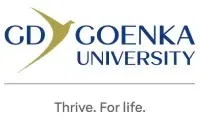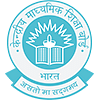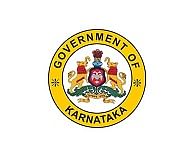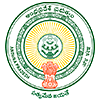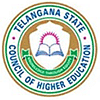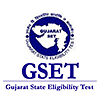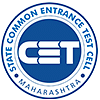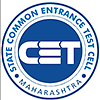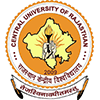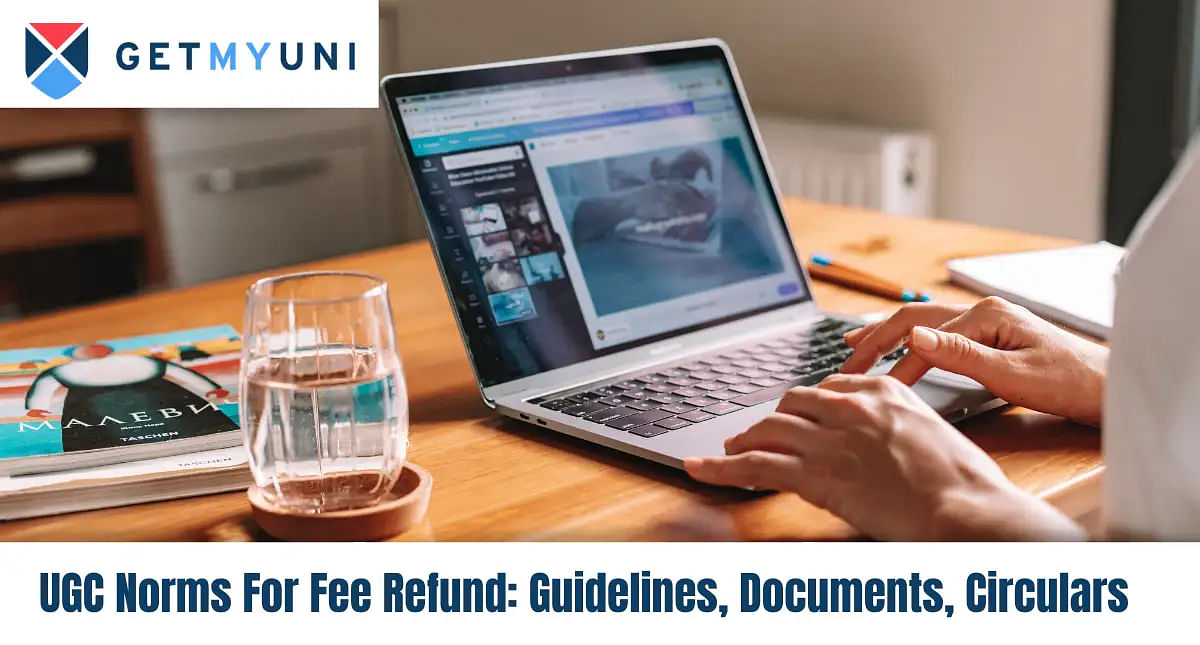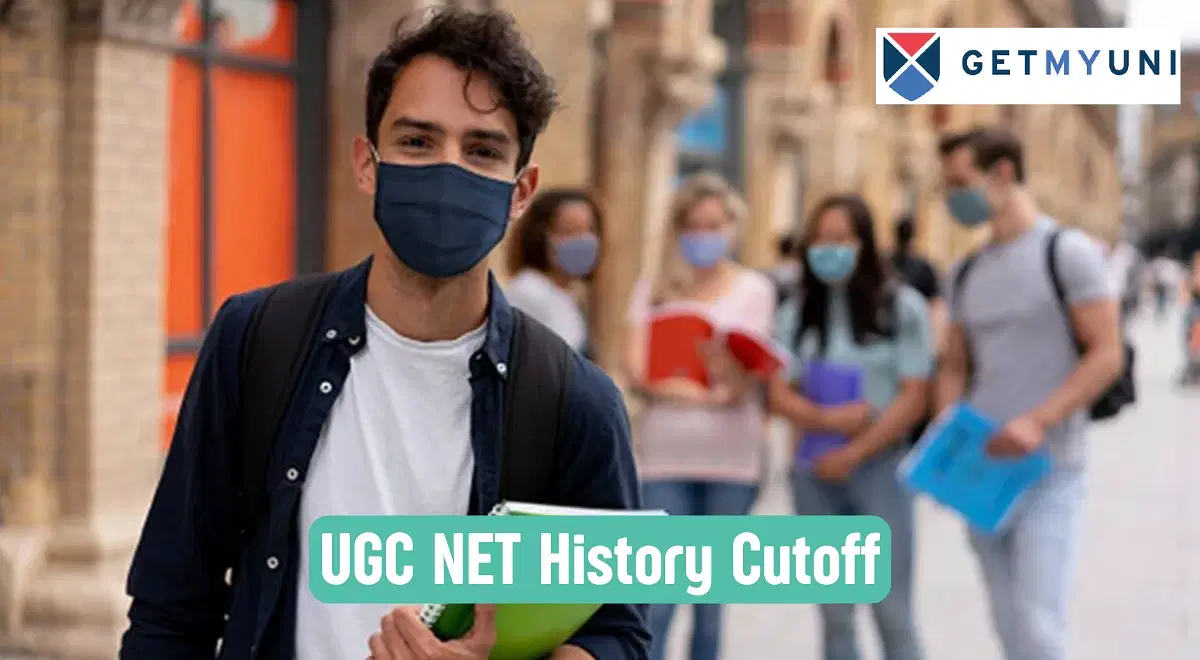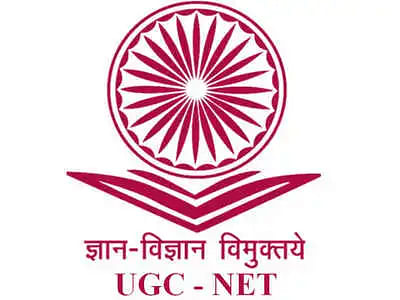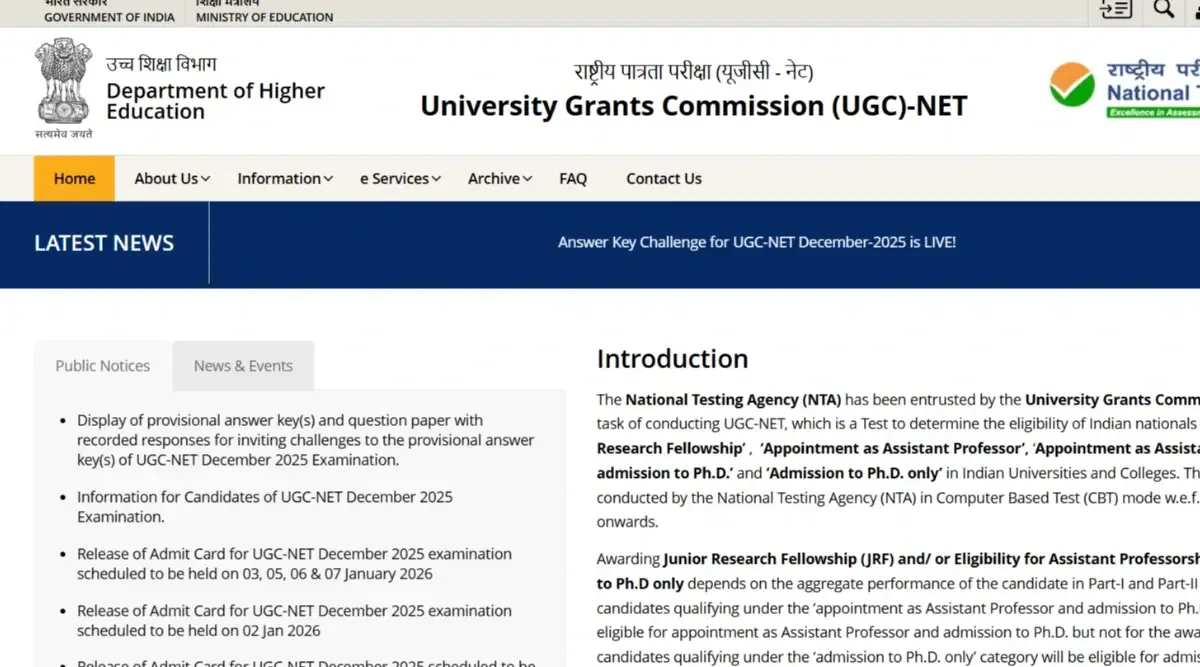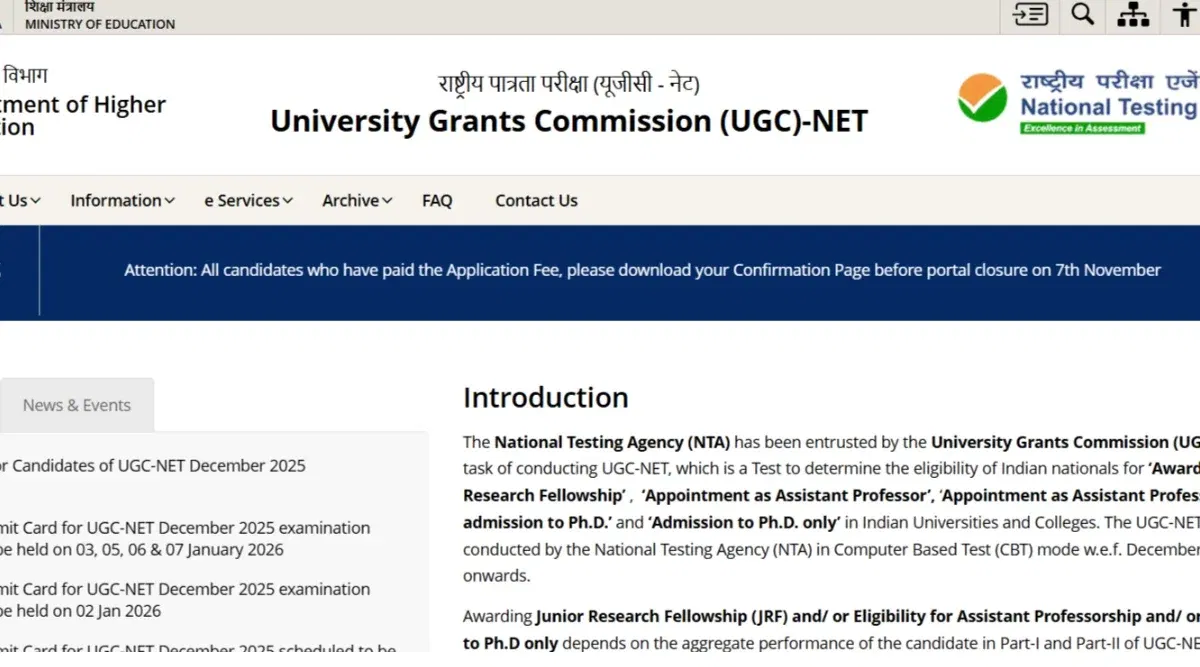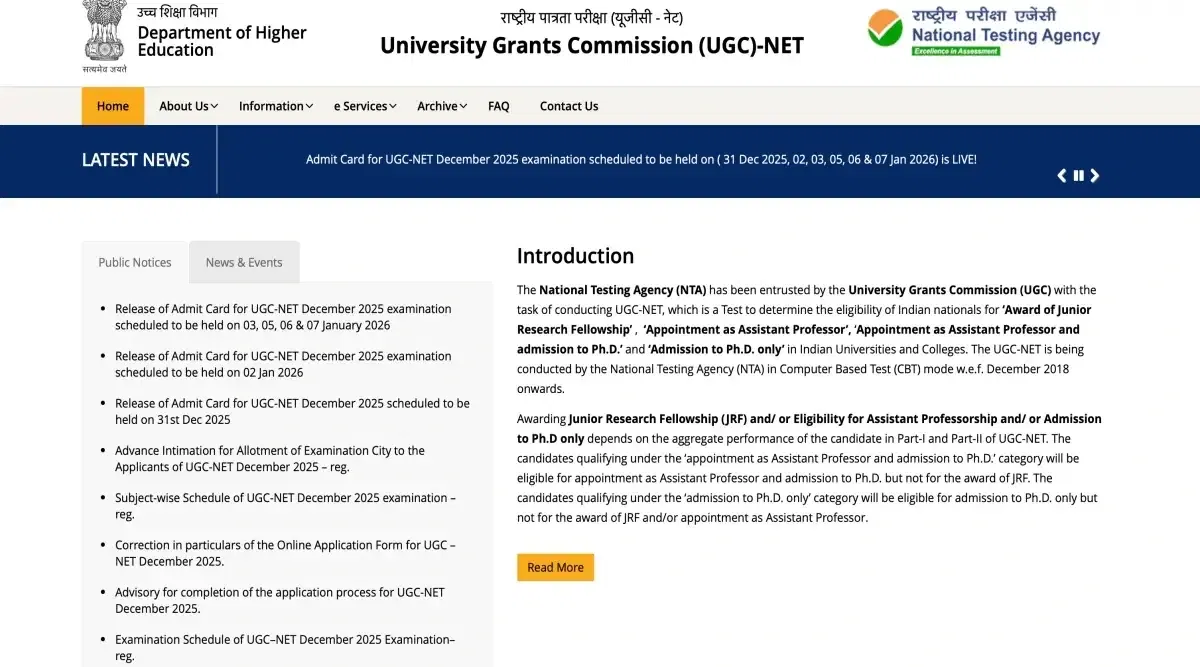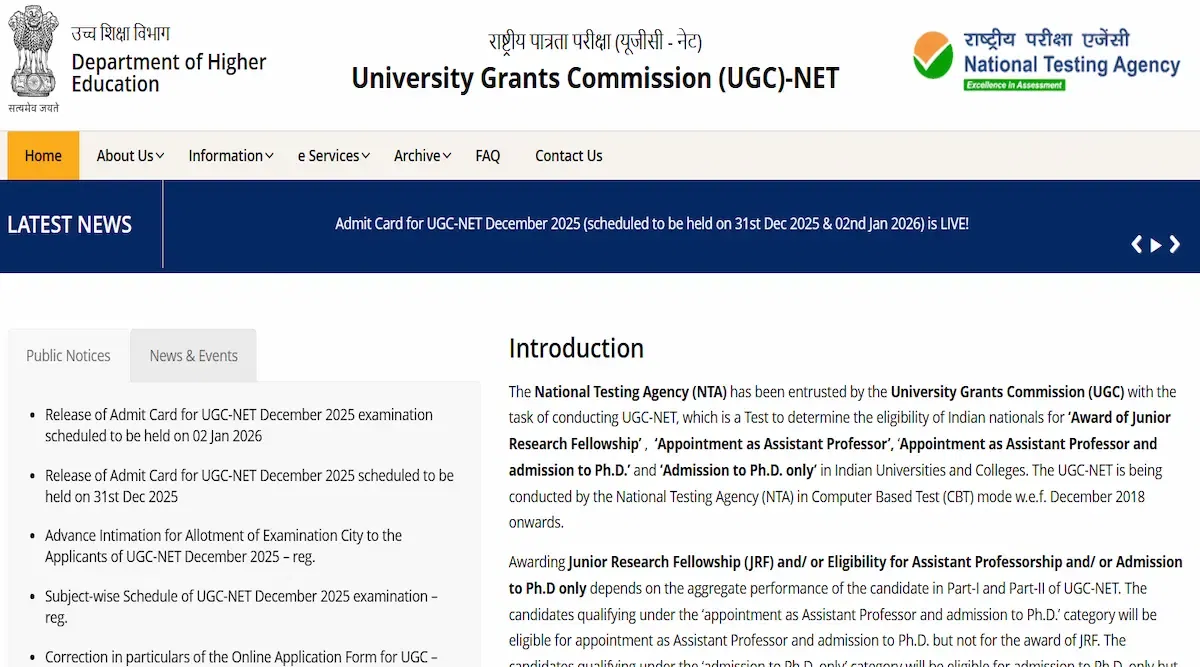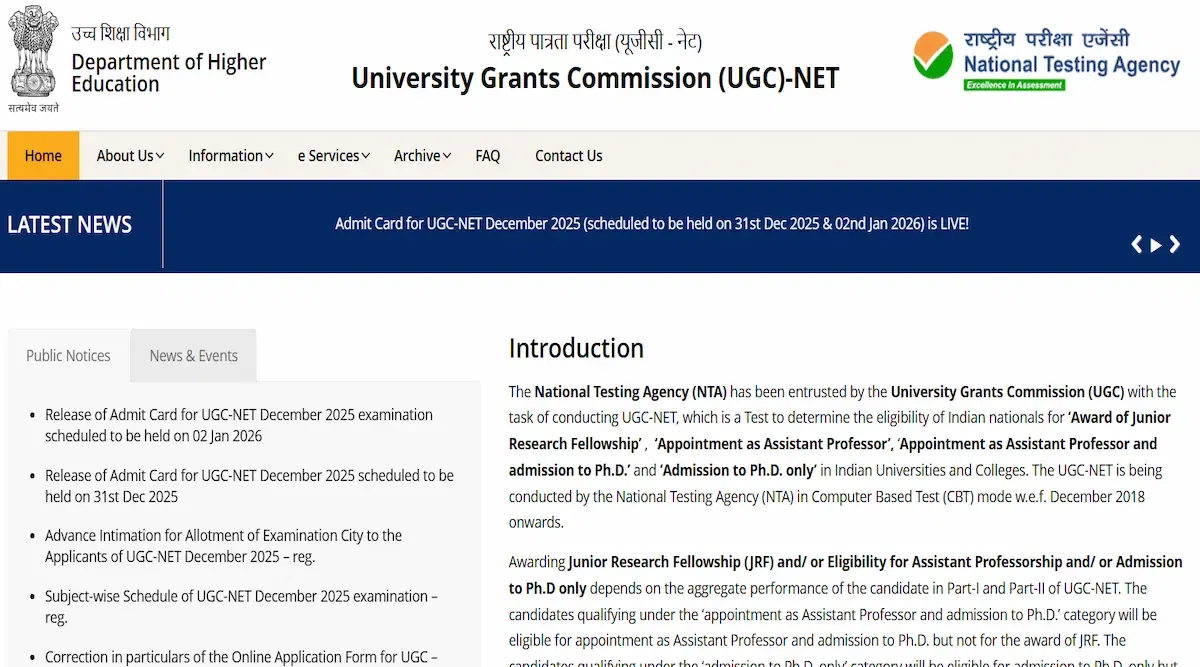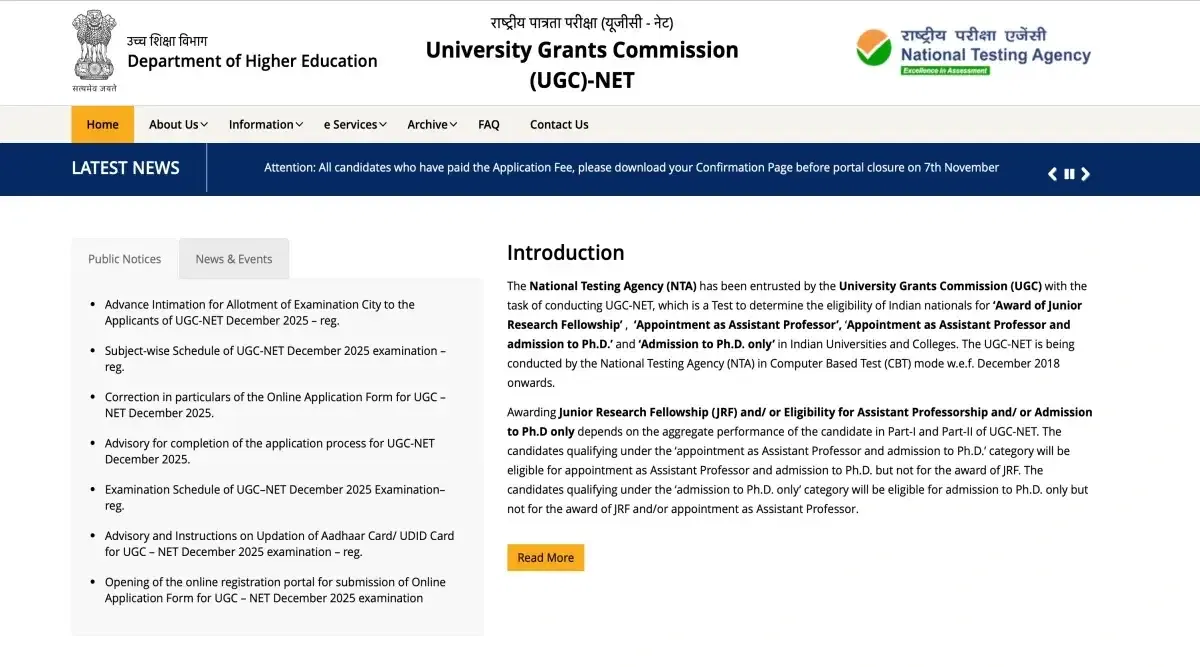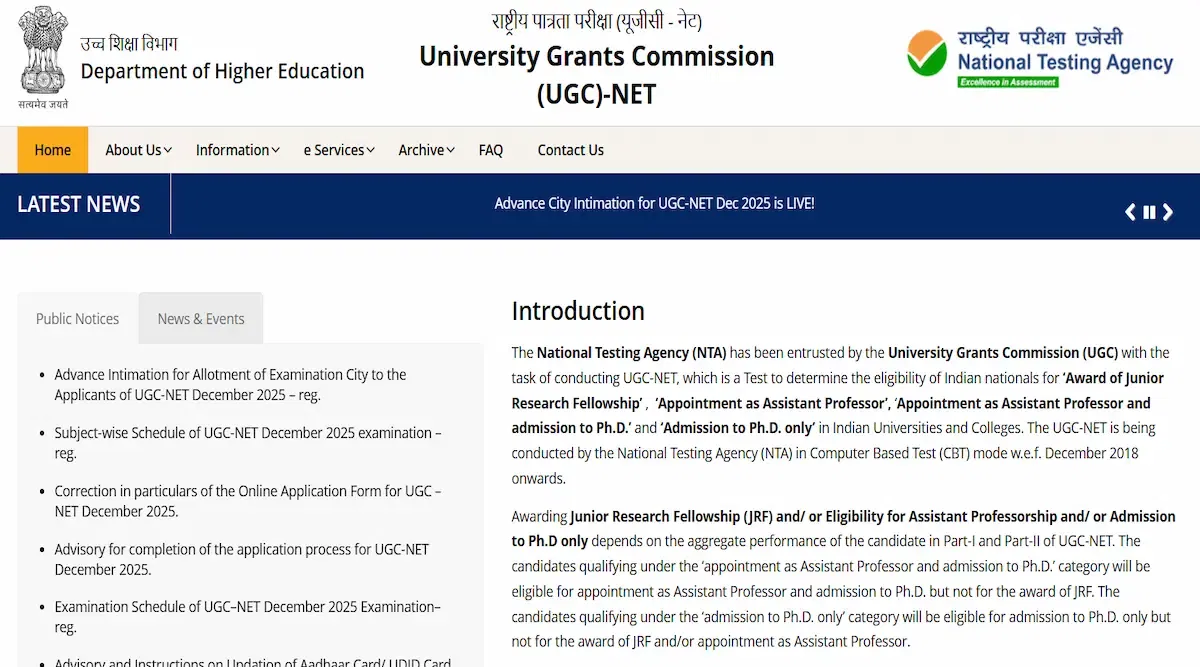
Table of Contents
UGC History syllabus 2025 is designed in such a way as to cover core aspects of Indian History, Pre-history, Ancient period, Medieval Indian history, and Modern India, including National Movement and the post-independent phase.
It also consists of the Historical Method, Research Methodology, and Historiography. Since the subject and the boundaries of Indian history are vast and comprehensive, it has been systematically analysed and synthesised into Ten Units.
The University Grants Commission National Eligibility Test (UGC-NET) is a national-level competitive examination. It is conducted by the National Testing Agency (NTA) biannually for candidates seeking seats in Lectureship/ Junior Research Fellowship (JRF) across Indian colleges/Universities.
UGC NET History Syllabus 2025: PDF
UGC NET history syllabus 2025 pdf download link has been shared in the table below. Students must check and download the syllabus PDF and start preparing for the exam.
| Particulars | Link |
| UGC NET History Syllabus PDF | Download PDF |
UGC NET History Syllabus Unit-Wise
The UGC NET history syllabus deals with the entire evolution of human civilisation. There are options of 81 subject choices for the candidates to pick. UGC NET entrance test. The subject code for the History syllabus is 06.
- Unit I
- Unit II
- Unit III
- Unit IV
- Unit V
- Unit VI
- Unit VII
- Unit VIII
- Unit IX
- Unit X
Perhaps, the concepts, ideas, and the terms given below would specify the extent to which the subject is included though it is not mentioned in the units. The process here is to enhance the thought process of the students with the preparation level of syllabus comprehension designed.
| Concepts, Ideas, and Terms of Historical Specification | |
| Bharatvarsha | Khilafat |
| Sabha and Samiti | Sulah-i-kul |
| Varnasrama | Turkan-i-Chahlghani |
| Vedanta | Watan |
| Purusharthas | Baluta |
| Rina | Taquavi |
| Samskaras | Iqta |
| Yajna | Jaziya |
| Ganarajya | Zakat |
| Janapada | Madad-i-maash |
| Doctrine of Karma | Amaram |
| Dandaniti / Arthasastra / Saptanga | Raya-Rekho |
| Dharmavijaya | Jangama / Dasa |
| Stupa / Chaitya/ Vihara | Madarasa / Maqtab |
| Nagara / Dravida / Vesara | Chauth / Sardeshmukhi |
| Bodhisattva / Tirthankara | Sarai |
| Alvars / Nayanars | Polygars |
| Sreni | Jagir / Shariyat |
| Bhumi-chidra-vidhana-nyaya | Dastur |
| Kara-bhoga-bhaga | Mansab (Rank) |
| Vishti | Deshmukh |
| Stridhana | Nadu / Ur |
| Memorial Stones | Ulema |
| Agraharas | Firman |
| Ain-i-Dashsalah | Satyagraha |
| Satyagraha | Swadeshi |
| Shahna-i-Mandi | Revivalism |
| Mahalwari | Communalism |
| Hind Swaraj | Orientalism |
| Mercantilism | Oriental Despotism |
| Economic Nationalism | De-Industrialisation |
| Indian Renaissance | Subsidiary Alliance |
| Economic Drain | Evangelicalism |
| Colonialism | Bhudan |
| Paramountcy | Panchsheel |
| Dyarchy | Mixed Economy |
| Federalism | Socialism |
| Utilitarianism | Hindu Code Bill |
| Filtration Theory | Historical Methods |
| Forward Policy | Plagiarism |
| Doctrine of Lapse | Ethics and Morality in History Writing |
Unit – I
The main discussion is on the Indian historical events, their sources, and production during the various regaining periods. To understand the arrangement of the archaeological sources, the literature on indigenous, religious, and secular, the agreement and patterns of exchange during the Neolithic and Chalcolithic phase, Vedic and late Vedic periods, Harappa civilisation and State system expands and others as mentioned under the tables below.
| Chapters | Topics |
| Negotiating the Sources | Archaeological sources: Exploration, Excavation, Epigraphy and Numismatics. Dating of Archaeological Sites. Literary Sources: Indigenous Literature: Primary and Secondary: the problem of dating Religious and Secular Literature, Myths, Legends, etc. Foreign Accounts: Greek, Chinese and Arabic |
| Pastoralism and Food production | Neolithic and Chalcolithic Phase: Settlement, distribution, tools and patterns of exchange |
| Indus/Harappa Civilization | Origin, extent, major sites, settlement pattern, craft specialization, religion, society and polity, Decline of Indus Civilization, Internal and external trade, First urbanization in India |
| Vedic and later Vedic periods; Aryan debates, Political and Social Institutions, State Structure and Theories of State; Emergence of Varnas and Social Stratification, Religious and Philosophical Ideas. Introduction of Iron Technology, Megaliths of South India | -- |
| Expansion of State system | Mahajanapadas, Monarchical and Republican States, Economic and Social Developments and Emergence of Second Urbanization in 6th century BCE; Emergence of heterodox sects-Jainism, Buddhism and Ajivikas |
Unit – II
To discuss the formation and transition of State to Empire, emergence and dissolution of the regions, and its powers. The administration and the Gupta Vakataka age, Harsha Times, Salankayanas, and Visnukundins in Andhradesa with religion to society and polity and others.
| Chapters | Topics |
| From State to Empire | Rise of Magadha, Greek invasion under Alexander and its effects, Mauryan expansion, Mauryan polity, society, economy, Asoka’s Dhamma and its Nature, Decline and Disintegration of the Mauryan Empire, Mauryan art and architecture, Asokan edicts: language and script |
| Dissolution of Empire and Emergence of Regional Powers | Indo-Greeks, Sungas, Satavahanas, Kushanas and Saka-Ksatrapas, Sangam literature, polity and society in South India as reflected in Sangam literature. Trade and commerce from 2nd century BCE to 3rd century CE, Trade with the Roman World, Emergence of Mahayana Buddhism, Kharavela and Jainism, Post-Mauryan art and Architecture. Gandhara, Mathura and Amaravati schools |
| Gupta Vakataka age | Polity and Society, Agrarian Economy, Land Grants, Land Revenue and Land Rights, Gupta Coins, Beginning of Temple Architecture, Emergence of Puranic Hinduism, Development of Sanskrit Language and Literature. Developments in Science Technology, Astronomy, Mathematics and Medicine |
| Harsha and his Times | Administration and Religion |
| Salankayanas and Visnukundins in Andhradesa | -- |
Unit – III
Includes the studies on emergence, its occurrence of different kingdoms in India, its way of economy, trade, urbanisation, growth of religions, society, education, debate, and discussion on state formation in the Medieval and Arab contracts.
| Chapters | Topics |
| The emergence of Regional Kingdoms | Kingdoms in Deccan: Gangas, Kadmabas, Western and Eastern Chalukyas, Rashtrakutas, Kalyani Chalukyas, Kakatiyas, Hoysalas and Yadavas |
| Kingdoms in South India | Pallavas, Ceras, Colas and Pandyas |
| Kingdoms in Eastern India | Palas and Senas of Bengal, Varmans of Kamarupa, Bhaumakaras and Somavamsis of Odisha |
| Kingdoms in Western India | Maitrakas of Vallabhi and Chalukyas of Gujarat |
| Kingdoms in North India | Gurjara-Pratiharas, Kalacuri-Chedis, Gahadavalas and Paramaras |
| Characteristics of Early Medieval India | Administration and Political Structure Legitimation of Kingship |
| Agrarian economy; land grants, changing production relations; graded land rights and peasantry, water resources, taxation system, coins and currency system | -- |
| Trade and urbanization | patterns of trade, and urban settlements, ports and trade routes, merchandise and exchange, trade guilds; trade and colonization in Southeast Asia |
| Growth of Brahminical religions | Vaisnavism and Saivism; Temples; Patronage and Regional Ramification; Temple Architecture and Regional Styles. Dana, Tirtha and Bhakti, Tamil Bhakti movement - Shankara, Madhava and Ramanujacharya |
| Society | Varna, Jati and Proliferation of Castes, Position of women; Gender, marriage and property relations; Women in public life. Tribes as peasants and their place in Varna order. Untouchability |
| Education and Educational Institutions | Agraharas, Mathas and Mahaviharas as Centres of Education. Growth of Regional Languages |
| Debates of state formation in early medieval India | A) Feudal model; B) Segmentary model; C) Integrative model |
| Arab contracts | Suleiman Ghaznavid conquests. Alberuni’s Accounts |
Unit – IV
Most of the topics under the units are with regard to the diverse source of Indian history in the Medieval period, including political developments, the foundation of the Mughal Empire, its disintegration, the changes and rise of the Vijayanagara, Bahmanis, Marathas and its causes of decline.
| Chapters | Topics |
| Source of Medieval Indian History | Archaeological, Epigraphic and Numismatic sources, Material evidence and Monuments; Chronicles; Literary sources – Persian, Sanskrit and Regional languages; Daftar Khannas: Firmans, Bahis / Pothis / Akhbarat; Foreign Travellers’ Accounts – Persian and Arabic |
| Political Developments – The Delhi Sultanate – the Ghorids, the Turks, the Khaljis, the Tughlaqs, the sayyids and the Lodis. The decline of Delhi Sultanate | -- |
| Foundation of the Mughal Empire – Babur, Humayun and the Suris; Expansion and Consolidation from Akbar to Aurangzeb. The decline of the Mughal Empire | -- |
| Later Mughals and Disintegration of the Mughal Empire | -- |
| The Vijayanagara and the Bahmanis - Deccan Sultanate; Bijapur, Golkonda, Bidar, Berar and Ahmadnagar – Rise, Expansion and Disintegration; Eastern Gangas and Suryavamshi Gajapatis | -- |
| Rise of the Marathas & the foundation of Swaraj by Shivaji; its expansion under the Peshwas; Mughal – Maratha relations, Maratha Confederacy, Causes of Decline | -- |
Unit – V
Studies with regard to Administration and its administrative system during the Mughal reign, Deccan, to inter-state relations, agricultural production, irrigation system, economy, peasantry, grants and demography to industries structure in the Indian economical and administrative process during that period.
| Chapters | Topics |
| Administration & Economy | Administration under the Sultanate, Nature of State – Theocratic and Theocentric, Central, Provincial and Local Administration, Law of succession |
| Sher Shah’s Administrative Reforms; Mughal Administration – Central, Provincial and Local | Mansabdari and Jagirdari Systems |
| Administrative System in the Deccan – The Vijayanagara State & Polity, Bahamani Administrative System; Maratha Administration – Asta Pradhan | -- |
| Frontier Policies under Delhi Sultanate and Mughals | -- |
| Inter-State Relations during the Sultanate and the Mughals | -- |
| Agricultural Production and Irrigation System, Village Economy, Peasantry, Grants and Agricultural Loans, Urbanization and Demographic Structure | -- |
| Industries – Cotton Textiles, Handicrafts, Agro-Based industries, Organisation, Factories & Technology | -- |
| Trade and Commerce – State Policies, Internal and External Trade | European Trade, Trade Centres and Ports, Transport and Communication |
| Hundi (Bills of Exchange) and Insurance, State Income and Expenditure, Currency, Mint System; Famines and Peasant Revolts | -- |
Unit – VI
The unit deals with studying the society, culture, orders, beliefs, practices, movement, Arts, Social organisation and structure, ethnicity, Indo-Arabic Architecture, impacts on Socio-Political and Religious life, and the medieval period of India.
| Chapters | Topics |
| Society and Culture | Social Organisation and Social Structure |
| The Sufis – Their Orders, Beliefs and Practices, the leading Sufi Saints, Social Synchronization | -- |
| Bhakti Movement – Shaivism; Vaishnavism, Shaktism | -- |
| The Saints of the Medieval Period – North and South – their impact on SocioPolitical and Religious Life – Women Saints of Medieval India | -- |
| The Sikh Movement – Guru Nanak Dev | His teachings and practices, Adi Granth; the Khalsa |
| Social Classification | Ruling Class, Major Religious Groups, the Ulemas, the Mercantile and Professional Classes – Rajput Society |
| Rural society – Petty Chieftains, Village Officials, Cultivators and Non-Cultivating Classes, Artisans | -- |
| Position of Women – Zanana System – Devadasi System | -- |
| Development of Education, Centres of Education and Curriculum, Madarasa Education | -- |
| Fine Arts – Major Schools of Painting – Mughal, Rajasthani, Pahari, Garhwali; Development of Music | -- |
| Art and Architecture, Indo-Islamic Architecture, Mughal Architecture, Regional Styles | -- |
| Indo-Arabic Architecture, Mughal Gardens, Maratha Forts, Shrines and Temples | -- |
Unit –VII
Lay more emphasis with regard to the sources, Causes, Nature and ImpactConstitutional Changes (1909 – 1935), Rise of British Power, the Administration of the Company and the Crown and European Traders in India in the 16th to 18th Centuries of past-historical changes and establishment.
| Chapters | Topics |
| Sources of Modern Indian History | Archival Materials, Biographies and Memoirs, Newspapers, Oral Evidence, Creative Literature and Painting, Monuments, Coins |
| Rise of British Power | European Traders in India in the 16th to 18th Centuries – Portuguese, Dutch, French and the British |
| Establishment and Expansion of British Dominion in India | -- |
| British Relations with Principal Indian States – Bengal, Oudh, Hyderabad, Mysore, Carnatic and Punjab | -- |
| Revolt of 1857, Causes, Nature and Impact | -- |
| Administration of the Company and the Crown; Evolution of Central and Provincial Structure under East India Company | -- |
| Paramountcy, Civil Service, Judiciary, Police and the Army under the Company; British Policy and Paramountcy in the Princely States under the Crown | -- |
| Local Self-Government | -- |
| Constitutional Changes, 1909 – 1935 | -- |
Unit – VIII
Deals with historical studies from the middle ages to the latest changes on relevant topics in the following to learning on
- Indian Renaissance
- Modernization of Indian Languages and Literary Form
- Indian Renaissance – Government Policy; Levels and Contents;
- Monetary Policy,
- Banking, Currency, and Exchange,
- Railways and Road Transport, Communications
- British Industrial Policy
- Changing Socio-Economic Conditions of Artisans; De-urbanisation; Economic Drain; World Wars and Economy and more.
| Chapters | Topics |
| Colonial Economy | Changing Composition, Volume and Direction of Trade |
| Expansion and Commercialization of Agriculture, Land Rights, Land Settlements, Rural Indebtedness, Landless Labour, Irrigation and Canal System | -- |
| The decline of Industries – Changing Socio-Economic Conditions of Artisans; De-urbanisation; Economic Drain; World Wars and Economy | -- |
| British Industrial Policy; Major Modern Industries; Nature of Factory Legislation; Labour and Trade Union Movements | -- |
| Monetary Policy, Banking, Currency and Exchange, Railways and Road Transport, Communications – Post & Telegraph | -- |
| Growth of New Urban Centres; New Features of Town Planning and Architecture, Urban Society and Urban Problems | -- |
| Famines, Epidemics and the Government Policy | -- |
| Tribal and Peasant Movements | -- |
| Indian Society in Transition | Contact with Christianity – the Missions and Missionaries; Critique of Indian Social and Economic Practices and Religious Beliefs; Educational and Other Activities. |
| The New Education – Government Policy; Levels and Contents; English Language; Development of Science, Technology, Public Health & Medicine – Towards Modernism | -- |
| Indian Renaissance – Socio-Religious Reforms; Emergence of Middle Class; Caste Associations and Caste Mobility | -- |
| Women’s Question – Nationalist Discourse; Women’s Organisations; British Legislation concerning Women, Gender Identity & Constitutional Position | -- |
| The Printing Press – Journalistic Activity and the Public opinion | -- |
| Modernisation of Indian Languages and Literary Forms – Reorientation in Painting, Music and Performing Arts | -- |
Unit-IX
This unit emphasises more on the topic of Nationalism, Movement, Independence and Partition, Challenges after partition, and the beginning of the Indian Constitution, as briefly highlighted in the following.
| Chapters | Topics |
| Rise of Indian Nationalism | Social and Economic basis of Nationalism |
| Birth of Indian National Congress; Ideologies and Programmes of the Indian National Congress, 1885-1920 | Early Nationalists, Assertive Nationalists and Revolutionaries |
| Swadeshi and Swaraj | -- |
| Gandhian Mass Movements; Subas Chandra Bose and INA; Role of Middle Class in National Movement; Women Participation in National Movement | -- |
| Left-Wing Politics | -- |
| Depressed Class Movement. | -- |
| Communal Politics; Muslim League and Genesis of Pakistan | -- |
| Towards Independence and Partition | -- |
| India after Independence | Challenges of Partition; Integration of the Indian Princely States; Kashmir, Hyderabad & Junagarh |
| B.R. Ambedkar – The making of the Indian Constitution, its Features | -- |
| The Structure of Bureaucracy | -- |
| New Education Policy. | -- |
| Economic Policies and the Planning process; Development, Displacement and Tribal Issues | -- |
| Linguistic Reorganisation of States; Centre-State Relations | -- |
| Foreign Policy Initiatives – Panchsheel; Dynamics of Indian Politics-Emergency; Liberalisation, Privatisation & Globalisation of Indian Economy | -- |
Unit–X
The concepts and standards of chapters mostly focus on history with the
- Methods and methodology
- Research
- Histography
- Scope,
- Objectives
- Trend
- Sources
- Its causation
- Hypothesis
- Historiography
- Theories
- Modernism and more.
| Chapters-Topics | |
| Historical Method, Research, Methodology and Historiography | History and it's Auxiliary Sciences |
| Scope and Importance of History | History a Science, Arts or a Social Science |
| Objectivity and Bias in History | Causation and Imagination in History |
| Heuristics Operation, Criticism in History, Synthesis and Presentation | Significance of Regional History |
| Hypothesis in History | Recent Trends of Indian History |
| Area of Proposed Research | Research Methodology |
| Sources – Data Collection, Primary / Secondary, Original and Transit Sources | Trends in Historical Research |
| Recent Indian Historiography | Selection of Topic in History |
| Notes Taking, References, Footnotes and Bibliography | Thesis and Assignment Writing |
| Plagiarism, Intellectual Dishonesty and History Writing | Beginnings of Historical Writings – Greek, Roman and Church |
| Historiography | Renaissance and its Impact on History Writing |
| Negative and Positive Schools of Historical Writing | Berlin Revolution in History Writing – Von Ranke |
| Marxist Philosophy of History – Scientific Materialism | Cyclical Theory of History – Oswald Spengler |
| Challenge and Response Theory – Arnold Joseph Toynbee | Post – Modernism in History |
UGC NET 2025 Exam Pattern
After assessing the syllabus for UGC NET History, candidates need to learn about the UGC NET 2025 exam pattern. For a better understanding of the candidates; here is the exam pattern:
| Particulars | UGC NET Paper 1 Highlights | UGC NET Paper 2 Highlights |
| Exam mode | Online | Online |
| Exam duration | 3 hours (180 minutes) | |
| Type of paper | Common for all candidates | Subject-specific questions |
| Total questions | 50 | 100 |
| Total marks | 100 | 200 |
| Marking scheme | +2 for correct answer | +2 for correct answer |
| No negative marking | No negative marking | |
Best Books to Cover UGC NET 2025 History Syllabus
A good book is a must, provided it has all the syllabus covered in the most simple meaning and informative. The list of books suggested below is a booster for exam-level preparation if you are searching for a good starting point on your study routine and books to refer to for the upcoming UGC NET Preparation. Some of them are:
| Books | Authors |
| Indian History (2nd edition) | Krishna Reddy |
| UGC NET/SET (JRF and LS) History | Sujata Josh (Arihant Publications) |
| UGC NET History (Paper-II) Exam Guide | D.S. Tiwari |
| UGC NET History | Pramod Singh (Trueman’s) |
| Ancient India | R.S Sharma |
| Modern India | Bipan Chandra |
| Medieval India | Satish Chandra |
| The Wonder That Was India | A.L. Basham |
| India Struggle for Independence: 1857-1894 | Bipan Chandra, Mridula Mukherjee, Aditya Mukherjee, Sucheta Mahajan, K.N. Panikkar |
To get enough scores to excel on the upcoming UGC NET Exam, it would take not only reading the best reference UGC NET books but also covering the syllabus according to the NTA.
Career Scopes After Qualifying UGC NET History
Among various career options, some of the best choices candidates can pursue and apply for are mentioned below. These are some of the most suitable and successful career options.
1. Research Facilities
After cracking the UGC NET, one of the encouraging options is Junior Research Fellowship. Aspirants can apply for this field if they intend to grow a career in the research field. However, candidates have to start their research in the field of their particular postgraduate subject. Moreover, candidates can enrol for the PhD course offered by various universities and IIMs.
2. Assistant Professor
Once the candidates have cracked the UGC NET exam, it opens doors for proving oneself as an Assistant Professor. Candidates can easily pursue this career option.
3. Public Sector Undertakings (PSU)
Another aspect that holds immense value after successfully qualifying for UGC NET is that the candidates can appear for PSUs (Public Sector Undertaking). Besides, candidates who aspire to work in government organisations can apply for the recruitment process with their UGC NET scorecard.
UGC NET History Exam Preparation Tips
Candidates require thorough preparation to crack it on the first attempt. Therefore, let us look at the ways to prepare for the UGC NET History exam:
- Candidates must begin the preparation by following the UGC NET History exam pattern. It not only helps in understanding the exam structure but also improves the familiarity with the exam.
- Next, a thorough analysis of the syllabus is very necessary. It will help identify the topics and sub-topics covered for the exam.
- After the exam pattern and syllabus is sorted, candidates can easily progress towards creating the study plan for the exam.
- While appearing for the UGC NET History exam, assessing the weak areas and improving them can yield high value.
- Afterwards, referring to the suggested books for the exam is highly valuable.

